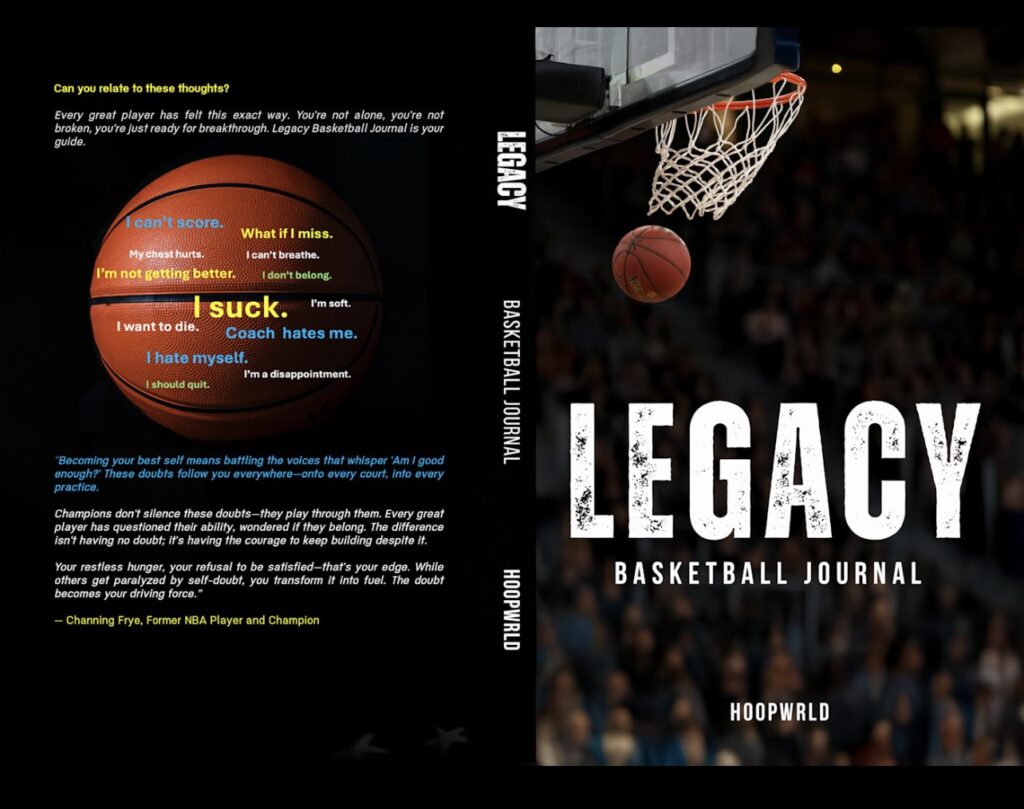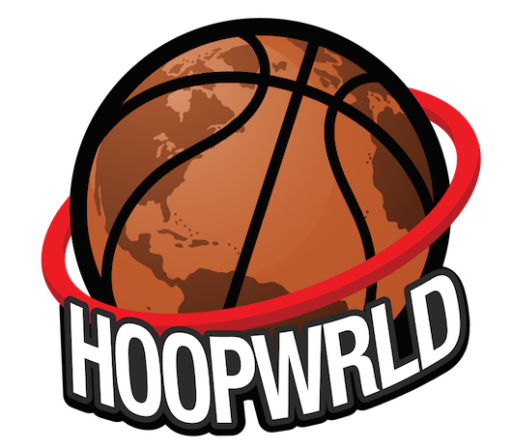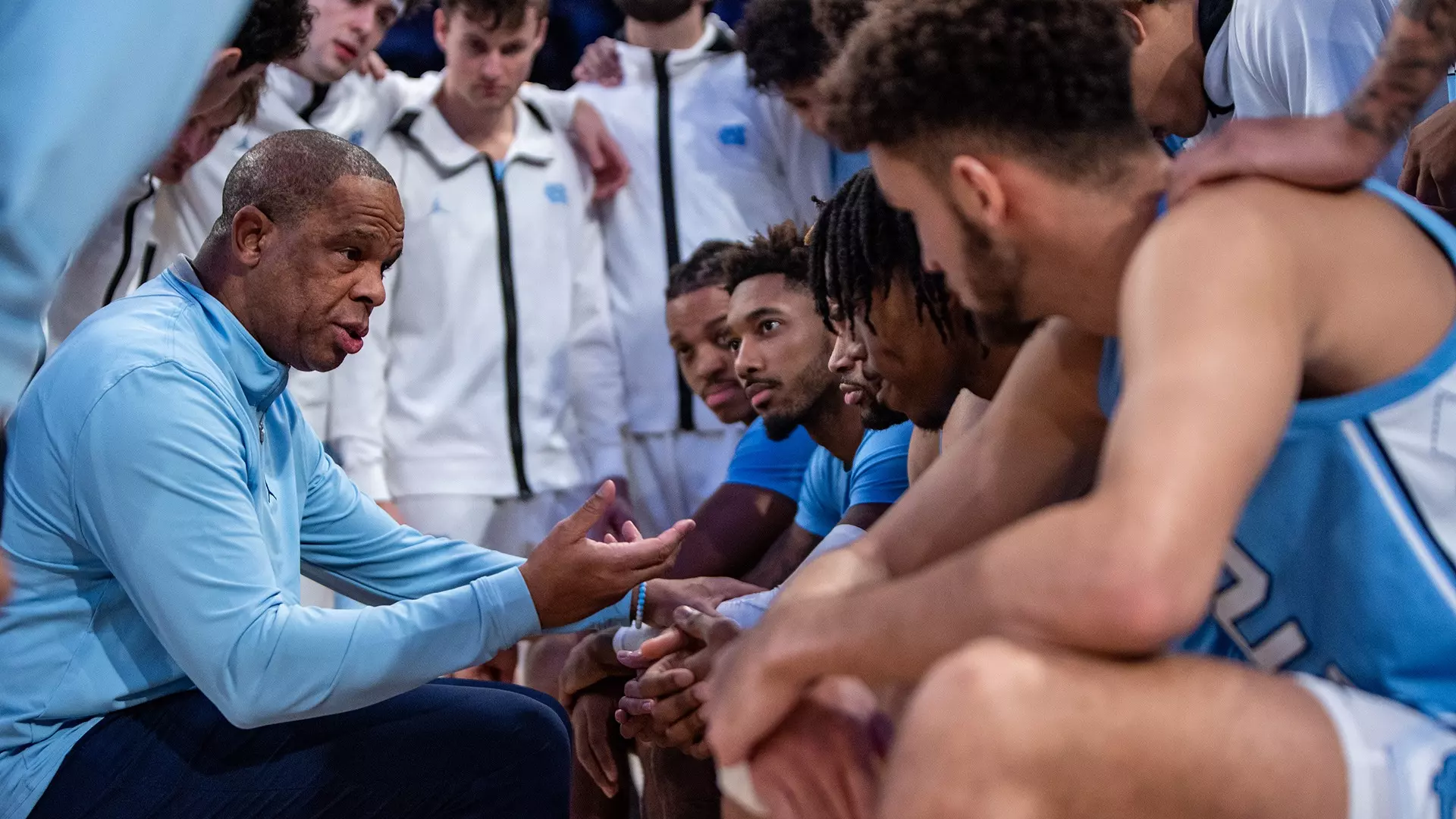As a basketball family caught in the YouTube TV-Disney standoff, we’re realizing the games matter. Everything else? We can live without it.
Our house runs on basketball. We plan dinners around tip-off times. We debate player performances over breakfast. We fall asleep to late-night West Coast games we have no business watching on a school night. Basketball isn’t just something we watch—it’s woven into the fabric of our daily lives.
So when the YouTube TV-Disney standoff left us without ESPN and ABC, I expected chaos in our household. Arguments about switching providers. Complaints about missing games. The works.
Instead, something unexpected happened: we’re kind of okay with it. And if our family is okay with it, ESPN should be terrified.
The NBA Already Made This Complicated Enough
Let’s be honest—the NBA was already testing our patience before this carriage dispute added another layer of complexity. Between ESPN, TNT, and ABC, watching basketball has become an exercise in platform juggling that’s absurd for a household that lives for the sport.
Some games are on cable. Some are on broadcast. Some are streaming-only. The Finals bounce between networks. National TV games black out local streams. It’s exhausting. See our orignial post about the NBA on various platforms.
And expensive. Between YouTube TV at $73 a month, NBA League Pass for out-of-market games, and the various streaming services that carry the occasional nationally televised game, we’re easily spending $150-plus monthly just to watch basketball. That’s before we add the rest of the sports we follow. For most families? It’s insane.
Now ESPN and YouTube TV are in a standoff, and we’re supposed to be outraged that we can’t access content we’re already overpaying for? At some point, you just shrug and find another way.
Missing Games Hurts. Missing Everything Else? Not Really.
Here’s what we’ve learned in the weeks without ESPN: Yeah, missing some games is frustrating. We genuinely want to watch those games. But everything else ESPN offers? We’re not missing it at all.
The three-hour pre-game shows breaking down a game we’re about to watch anyway? Don’t need it. The post-game analysis that will be outdated by tomorrow? We catch better takes on X in real-time from people actually watching. Stephen A. Smith’s daily proclamations about what LeBron’s latest Instagram post means? We can live without it.
And that’s the revelation ESPN should fear: when you force consumers—especially basketball/sports -obsessed consumers like us—to separate the games from all the stuff surrounding the games, we’re choosing the games. Everything else is window dressing.
The Personalities Aren’t the Product
I don’t mean to single out Stephen A. Smith—he’s talented, he’s built an incredible career, and he’s become a genuine cultural figure beyond sports. But ESPN has spent years operating under the assumption that personalities like him ARE the product, that fans tune in for the analysis and debate and hot takes as much as for the actual games.
This standoff is revealing that assumption to be mostly wrong. At least in our household.
The real stars are the games. The athletes. The competition. Basketball itself is beautiful, complex, and endlessly fascinating. The personalities—no matter how famous or skilled—are window dressing. They’re the garnish on a plate we’d order anyway. Nice to have, but not essential, and certainly not worth the premium ESPN wants to charge for them.
What We’re Learning About Our Viewing Habits
ESPN has built an entire empire on filling the space between games with content about games. Debate shows, analysis programs, documentaries about last season while this season is happening, countdown shows, recap shows, prediction shows. It’s content about content about content, all designed to keep you watching ESPN even when there isn’t a game on.
But here’s what’s happening in our house without ESPN: we just do other things. We work. The kid do homework. We spend time together as a family. We read about basketball instead of watching people talk about basketball. And when game time comes, we find another way to watch or we just catch the highlights later.
The world keeps turning. Our basketball knowledge doesn’t diminish. If anything, we’re consuming basketball content more intentionally—seeking out the voices and perspectives we actually value rather than passively absorbing whatever ESPN serves up.
The Fallout Is Coming
My gut says this is just the beginning. The fallout from this standoff will ripple across the entire sports media landscape, and not just at ESPN.
YouTube TV is learning they have more leverage than they thought. Other distributors will take note and play hardball in their own negotiations. Consumers—even basketball-obsessed ones like our family—are learning they have options, and that not having ESPN isn’t the catastrophe we’ve been conditioned to believe it is.
But the bigger shift is this: we’re all starting to question the entire model. Why are we paying $150+ monthly to watch basketball across multiple platforms? Why is it so complicated for a family that lives and breathes basketball to simply watch the games we want to watch? Why do we need to subsidize hours of programming we don’t watch to access the live games we do?
The streaming era was supposed to solve this—à la carte programming, pay only for what you want. Instead, we’ve recreated cable’s bundle, just spread across different apps with different logins and different bills. And consumers are starting to call bullshit.
What the NBA Doesn’t Get Either
The NBA shares blame here too. In their quest to maximize rights fees, they’ve fragmented their product across so many partners that watching basketball has become homework. Die-hard families like ours will do the work, but casual fans? They’re checking out.
And even die-hards have limits. At some point, the juice isn’t worth the squeeze. We love basketball—we’ve built our lives around it—but do we love it enough to manage three streaming subscriptions, remember which games are on which platform, work around blackout restrictions, and now navigate carriage disputes? We’re starting to question it.
The league seems to think their product is so compelling that fans will follow them anywhere, pay any price, jump through any hoop. They may be overestimating even our devotion.
The Emperor Has No Clothes
What we’re witnessing is a slow-motion revelation that the emperor has no clothes. ESPN’s power was never really about their content—it was about their distribution. They were in 100 million homes whether those homes wanted them or not, generating billions in revenue from people who never watched a single minute of their programming.
That’s ending. Every cord-cutter, every carriage dispute, every family like ours that shrugs and says “we’re good without it” erodes that power a little more. And when the dust settles, we’re going to discover that ESPN’s actual value—the amount people will voluntarily pay specifically for their content—is a fraction of what their business model assumed.
The personalities making eight-figure salaries will be the first casualties. How do you justify paying Stephen A. Smith $12 million annually when families like ours—basketball obsessives who should be your core audience—are demonstrating we don’t particularly miss him? How do you maintain a roster of expensive analysts and commentators when the only thing people really want is the game itself?
You can’t. So you won’t.
What This All Means
I don’t know how this particular standoff ends. Maybe YouTube TV and Disney reach a deal. Maybe they don’t. Maybe we eventually get fed up enough to switch providers, or maybe we just keep living without ESPN and realize we’re not actually losing that much.
But I do know this: something fundamental has shifted. If a family like ours—where basketball isn’t just entertainment but genuinely central to our lives—can function without ESPN, who can’t?
The assumption that sports media is indispensable, that fans will pay whatever it takes to maintain access, that the personalities and programming matter as much as the games—that assumption is being tested in our living room every night, and it’s not holding up.
The games matter. The athletes matter. The competition matters. Everything else? It’s negotiable. And in a world where consumers finally have the power to negotiate, that’s a problem ESPN hasn’t figured out how to solve.
Sorry, Stephen A. The real stars are on the court. And in our house, we’re learning we don’t need anyone to tell us what we just watched. We were there. We saw it. We’ll figure out what it means ourselves, thank you very much.
That realization—that moment when basketball families collectively understand the commentary is optional but we’ve been paying for it like it’s essential—that’s the sound of an entire business model cracking.
The fallout is coming. For ESPN, for the over-priced talent, for the entire infrastructure built on cable’s subsidies. And honestly? After weeks without ESPN in a household that revolves around basketball, we’re not sure we’ll miss it enough to care.
That should terrify them.






